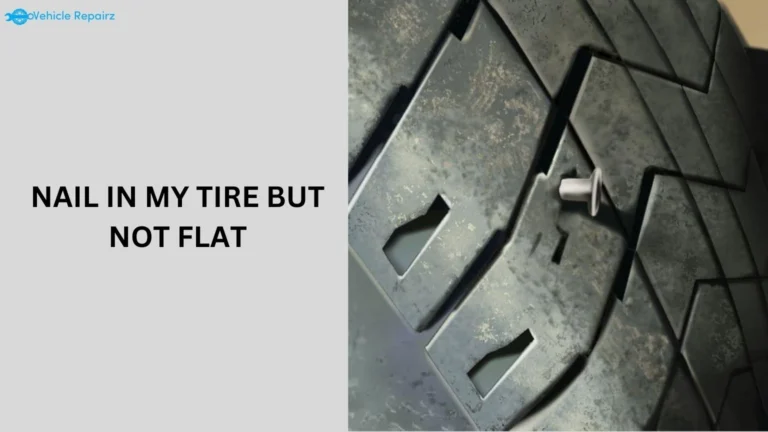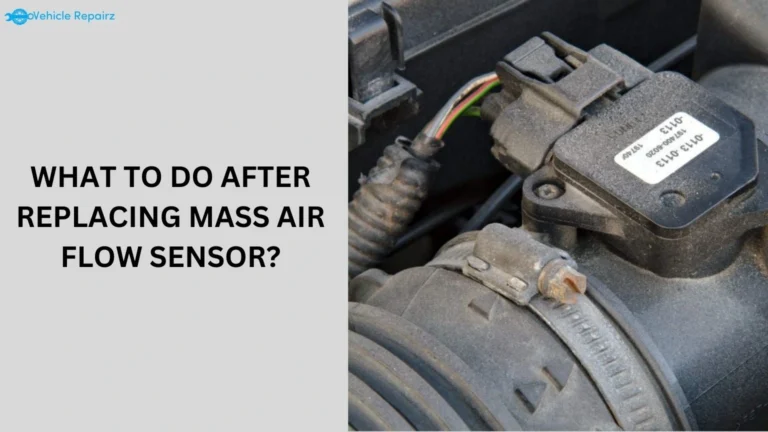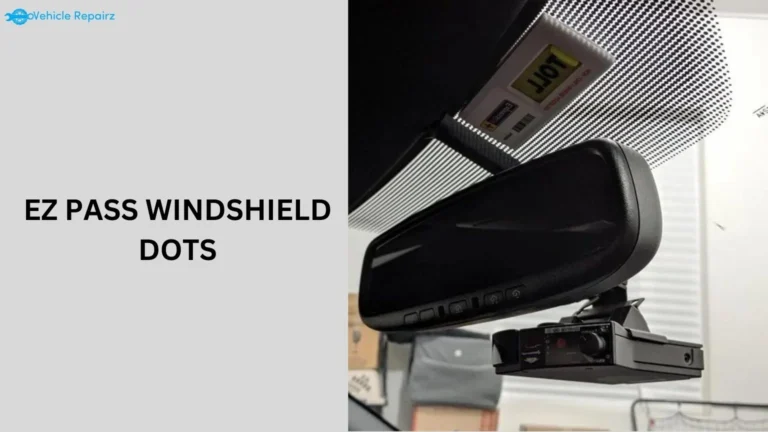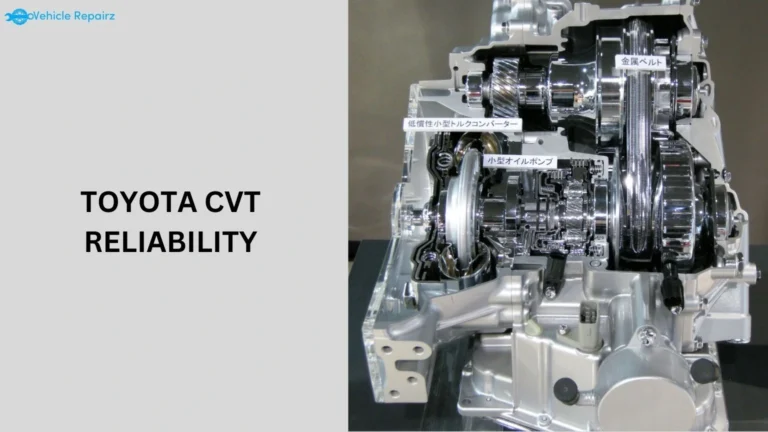Dielectric Grease on Battery Terminals: Why & How to Use It?
Maintaining your vehicle’s battery terminals is crucial for optimal performance and longevity. One effective way to protect these terminals is by applying dielectric grease.
Dielectric Grease on Battery Terminals, In this article, we’ll explore what dielectric grease is, why it’s important for battery terminals, and how to apply it correctly.
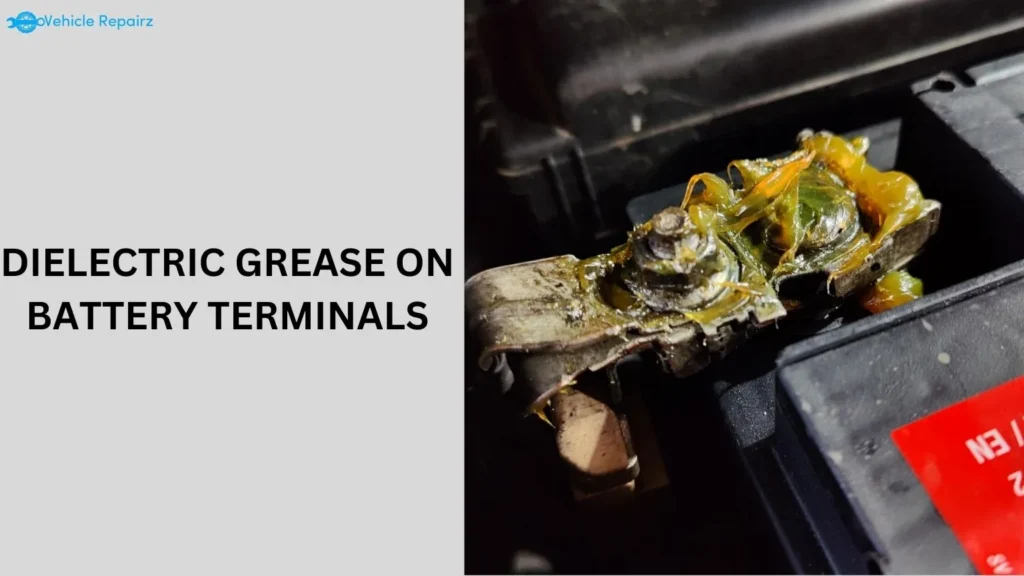
What is a Dielectric Grease?
Dielectric grease is a non-conductive silicone-based compound designed to insulate and protect electrical connections.
Unlike conductive greases, dielectric grease prevents the flow of electricity but excels in protecting against moisture and corrosion.
Benefits of Dielectric Grease
- Prevents Corrosion: Dielectric grease forms a barrier that protects battery terminals from moisture and other corrosive elements.
- Improves Electrical Connections: By preventing oxidation, it ensures a better connection between the battery terminals and cables.
- Reduces Battery Drain: Properly applied dielectric grease can help maintain consistent power delivery, reducing the likelihood of battery drain.
Why Use Dielectric Grease on Battery Terminals?
Battery terminals are exposed to various environmental factors that can lead to corrosion and poor electrical connections. Here’s why dielectric grease is beneficial:
Protection Against Corrosion
Corrosion on battery terminals can lead to poor electrical performance, starting issues, and even battery failure. Dielectric grease acts as a protective shield, preventing moisture from causing rust and corrosion.
Enhanced Electrical Performance
Clean and well-maintained battery terminals ensure a stable electrical connection. Dielectric grease helps keep the terminals free of contaminants that could interfere with the electrical flow.
Easy Maintenance
Applying dielectric grease is a simple maintenance task that can save you from more complex repairs in the future. Regular application can prolong the life of your battery and maintain optimal vehicle performance.
How to Apply Dielectric Grease to Battery Terminals
Applying dielectric grease is straightforward. Follow these steps to ensure proper application:
Step 1: Clean the Battery Terminals
Before applying dielectric grease, it’s essential to clean the battery terminals thoroughly. Use a battery terminal cleaner or a mixture of baking soda and water to remove any corrosion or residue. Make sure the terminals are dry before proceeding.
Step 2: Apply Dielectric Grease
Once the terminals are clean and dry, apply a small amount of dielectric grease to each terminal. Use a brush or your finger to spread the grease evenly, covering the entire surface of the terminal.
Step 3: Reconnect the Battery Cables
After applying the grease, reconnect the battery cables to the terminals. Ensure that they are tightened securely but not overly tight. The dielectric grease will provide a protective barrier while allowing for a solid connection.
Step 4: Check Regularly
Regularly inspect the battery terminals for any signs of corrosion or wear. Reapply dielectric grease as needed, especially if you notice any buildup of grime or corrosion.
People also ask
Is it okay to put dielectric grease on battery terminals?
Yes, it’s okay to put dielectric grease on battery terminals. It helps prevent corrosion and moisture buildup, which can extend the life of your battery and maintain a good electrical connection.
Just make sure to apply it after cleaning the terminals to ensure a proper seal and optimal performance.
What kind of grease do you use on battery terminals?
For battery terminals, use dielectric grease. It’s designed to prevent corrosion and moisture buildup while maintaining a good electrical connection.
Avoid using regular grease, as it can interfere with electrical conductivity.
What is the best thing to put on battery terminals?
The best thing to put on battery terminals is dielectric grease. It prevents corrosion, protects against moisture, and ensures a reliable electrical connection.
Is dielectric grease bad for electrical connections?
No, dielectric grease is not bad for electrical connections. It is designed to protect connections from moisture and corrosion without interfering with the flow of electricity.
It’s important to use it correctly—apply it to the outside of connections, not the contact surfaces.
Conclusion
In Conclusion, Using dielectric grease on battery terminals is a simple yet effective way to protect your vehicle’s electrical system.
By preventing corrosion, enhancing electrical connections, and ensuring reliable performance, dielectric grease is an essential component of vehicle maintenance.
Apply it regularly and enjoy the benefits of a well-protected and efficient electrical system.

